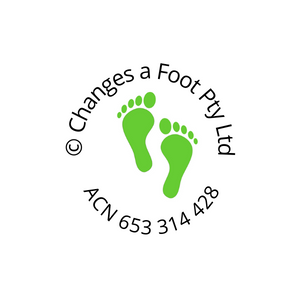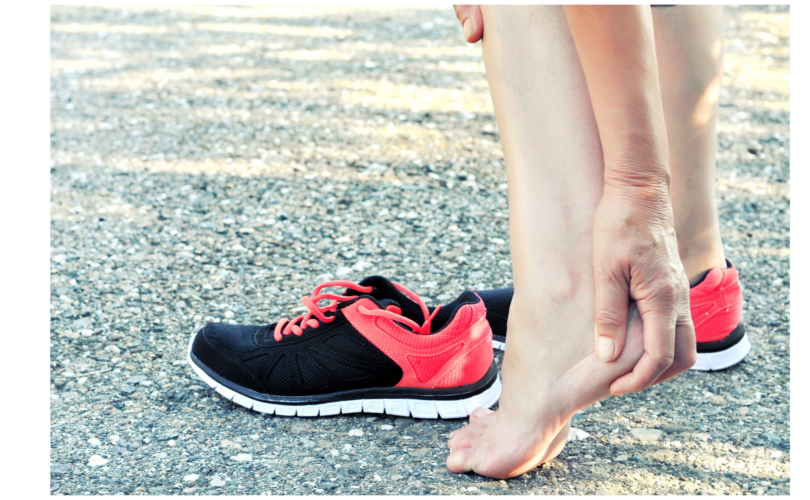As we enter our two-hundred-and-I’m-no-longer-counting day of lockdown, feet across Melbourne are starting to show the strain. Heel Pain. Heel Spurs. Plantar Fasciitis. Arch strain. Stabbing pain in the heel – that is so intense you’re forced to hobble those first ten minutes out of bed. And you’re definitely not springing out of your chair after that hour long Zoom meeting. The increase in heel pain presentation has led to the coining of a not so cute term, “Lockdown Foot”.
What is Plantar Fasciitis?
Plantar Fasciitis is a common condition affecting the fascia of the arch, and can lead to considerable pain and disability with weight bearing. In my experience, 70% of heel pain can be attributed to this injury. A number of factors can contribute to inflammation in this structure but the good news is that once your podiatrist identifies the cause of heel pain, a treatment plan is often effective.
So let’s talk about common causes of Heel Pain:
What is causing my heel pain?
There is no such thing as “good” or “bad” feet. High arched or Low arched, every foot structure comes with a variety of injury risk. ‘Flexible Flat Feet’ can pronate or collapse which leads to over stretching of the plantar fascia. Alternatively, ‘Rigid High Arched’ feet have a shorter plantar fascia and can have poor shock attenuation (they do not flex enough when they hit the ground). Knowing your foot type can reduce your chance of injury and manage your risk.
Can taking up walking or running cause heel pain?
The upside to lockdown has been the opportunity to exercise! You suddenly have the time to train for that marathon. Or maybe just enjoy the brisk evening stroll when you’re usually stuck in commute. And have you heard of this HIIT program, that can be done from the convenience of the lounge room? However, if you’ve been over-enthusiastic in picking up the pace, your foot may be suffering for it.
Does walking around the house barefoot cause heel pain?
The freedom to work from home has lead to some changes to our work wear. Along with embracing pyjama bottoms during work-meetings, Melbournians have spent way too long in our winter slippers and slip-on jiffys. In the nicest way, the in-door footwear most of us wear cannot be considered structurally supportive at all. And that’s if we’re wearing shoes in-doors at all. This change from a supported to a barefoot lifestyle has left our feet vulnerable to fatigue and this has been a big factor in injury in 2021. I see this continuing going forward, as more people work from home more, and offices move towards a casual dress-code (goodbye sensible shoes! Hello ballet flats!*).
*Ballet flats are the worst. Expect a whole blog post dedicated to why soon!
Can weight gain cause heel pain?
Have you lived through lockdown? Who hasn’t spent too much time in the pantry, or enjoyed the more-than-occasional cheese board? Enough said. But battling the weight gain when you can’t even walk around the block is next to impossible. The good thing is, if you’re asking yourself this question you’re already on the way to getting on top of it.
Other causes of plantar fasciitis
There are other factors that can help to cause plantar fasciitis – pregnancy, chronic inflammatory conditions, work environments, hip and lower back mechanics, previous injury and trauma can cause heel pain. And stress. Our body can present with unusual injury when we’re placed under persisting, psychological and emotional stress. And if you live in Melbourne right now, who isn’t under stress?
Understanding your injury and the reasons for your pain is half the battle. Your podiatrist can diagnose plantar fasciitis, and develop a treatment strategy toward recovery that is specific to your feet.
Talk to us. It’s what we do.


